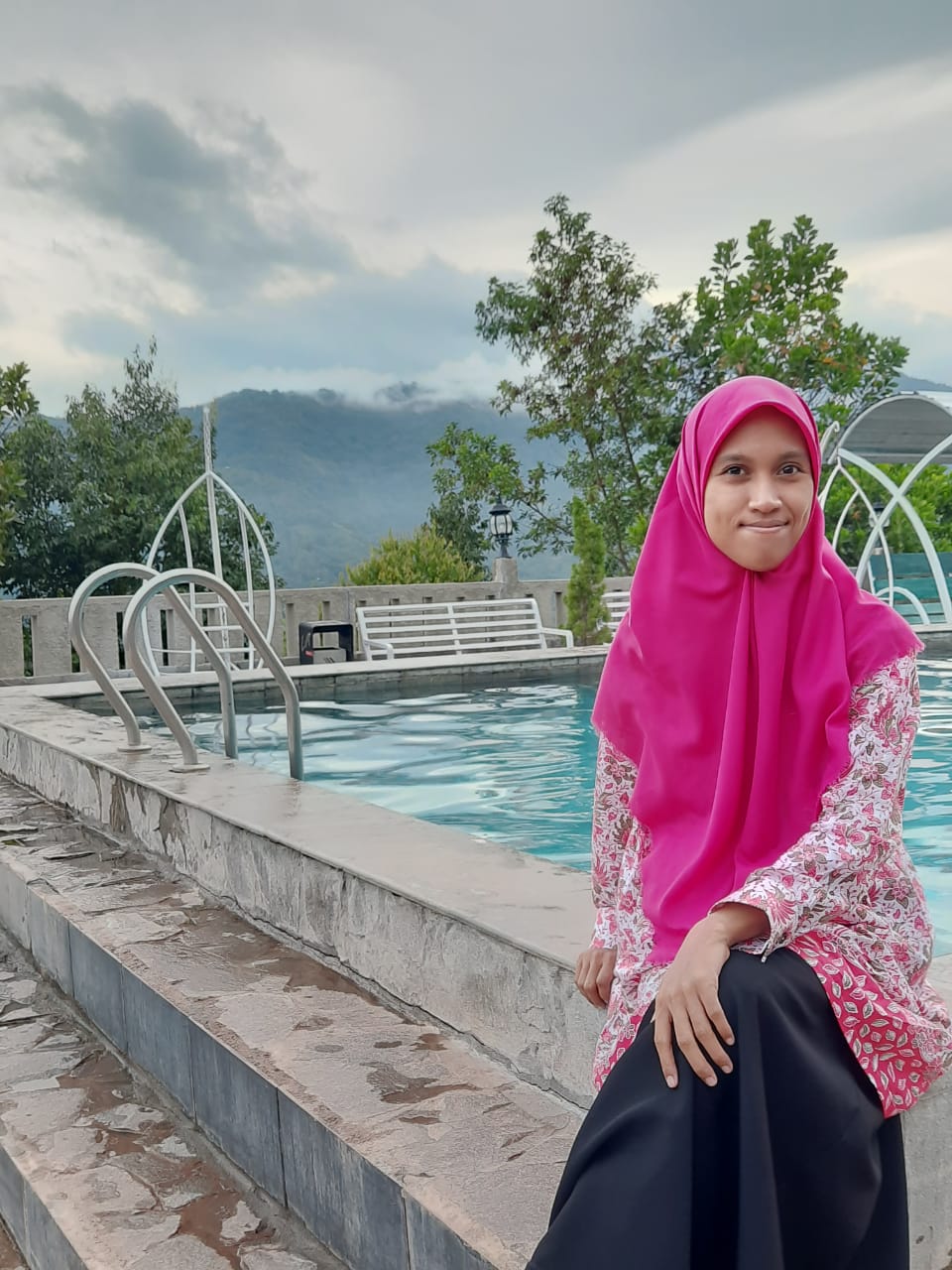The Building up of Students’ Vocabulary Mastery through Knowing by Heart Strategy
DOI:
https://doi.org/10.46870/lets.v4i1.318Keywords:
Vocabulary Mastery, Knowing by Heart StrategyAbstract
The purpose of this research was positively to find out whether the knowing by heart strategy is applicable/ effective or not to build up the student’s vocabulary mastery of SMPN 2 Patampanua especially for the second year. In sum, this research was adopted by experimental research design. The population of this research was the second year students of SMP Negeri 2 Patampanua Pinrang in 2012-2013 academic years, which are spread out in 246 students. Then, the sample was taken from VIII.6 with amount 40 students and VIII.4 on amount 40 students. The sample selected by using cluster random sampling technique toward total sample 80 students. The data was obtained by distributing instrument as multiple choice tests and filling the blank test. The overall result of data analysis showed that the mean score on post-test of experiment class (73,06) was higher than the post-test of control class (66,69), and the t-test value (3,593) was greater than t-table value in the level (2,021). However, alternative hypothesis failed to be rejected. It could be concluded that the application of the knowing by heart strategy as the first applied strategy was able to build up the student’s vocabulary mastery in learning English at SMPN 2 Patampanua for the second year.
References
Ali, M. (2020). Metotologi & Aplikasi: Riset Pendidikan. PT Bumi Aksara.
Arikunto, S. (2005). Dasar-dasar Evaluasi Pendidikan (Revision E). PT. Bumi Aksara.
Ermawati, E., Nurchalis, N. F., & Sardi, A. (2021). Online EFL Teaching and Learning: Different skills, Different Challenges. IDEAS: Journal on English Language Teaching and Learning, Linguistics and Literature, 9(1).
Huitt, W., & Hummel, J. (2003). Piaget’s theory of cognitive development. Educational Psychology Interactive, 3(2).
Ishak, & Nurjannah. (2007). The Students’ Interest and Attitude in Learning English Vocabulary Using Scrabble Game. Universitas Negeri Makassar.
M. F. Patel. (2008). English Language Teaching (Methods, Tools, and Techniques). Sunrise.
Nunan, D. (1991). Language Teaching Methodology. A Textbook for Teachers. Prentice Hall.
Nurchalis, N. F., Ermawati, E., Sardi, A., & Nursabra, N. (2021). Language Laboratory to Overcome the Barrier of Classroom English Learning: Does it Exist and Is it Used in Islamic Schools of Majene?. Elsya: Journal of English Language Studies, 3(3), 183-194.
O’Dell, F., Read, J., & McCarthy, M. (2000). Assessing vocabulary. Cambridge University Press.
Richards, & Jack C. (1986). Approaches and Methods in Language Teaching United State of America. Cambridge University Press.
River, W. M. (1989). Communicating Naturally in a Second Language.Theory and Practice in Language Taeching. Cambridge University Press.
Sahlim, M. (2012). The Application of Spending Night to Improve Students’ Vocabulary at the Second Year of MTs. S. Hasan Yamani Kec. Campalagian Kab. Polman. STAIN Parepare.
Sanjata, A. R. M. P., Sardi, A., & Muchtar, J. (2022). Peningkatan Hasil Belajar Melalui Model Pembelajaran Tutor Sebaya Setting Kooperatif. Al-Irsyad: Journal of Education Science, 1(2), 117-124.
Sardi, A., & Rahmayani, S. (2022). Peningkatan Kemampuan Berpikir Kritis Siswa melalui Challenge Based Learning. Al-Irsyad Journal of Physics Education, 1(2), 70-85.
Stahl, S. A., & Nagy, W. E. (2007). Teaching word meanings. Routledge.
Sugiyono. (2012). Metode Penelitian Pendidikan Pendekatan Kuantitatif, Kualitatif, dan R&D. Alfabeta.
Downloads
Published
Issue
Section
License
Copyright (c) 2022 Ahmed Sardi

This work is licensed under a Creative Commons Attribution-NonCommercial-ShareAlike 4.0 International License.












